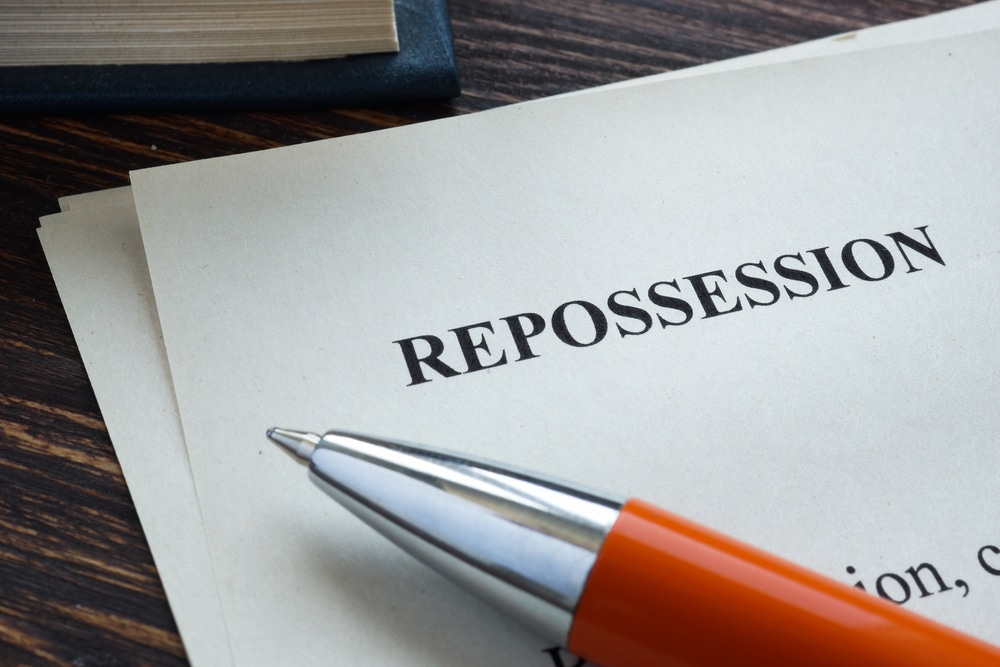Losing your job can completely turn your world upside down.
Whilst you may receive a redundancy pay-out, this can take between 3 and 12 weeks to reach your account.
However, if you have been employed by the company for under 2 years, you are not entitled to anything.
So, what can you do between jobs if you’re in debt?
What debts do you have?
Make a list of all the money you owe and prioritise your debts in terms of importance.
Often debts can include:
- Mortgage
- Car finance
- Household bills
- Credit cards
- Store cards
- Council tax
Whilst all debts are important, your mortgage is likely the one you will want to tackle first.
However, when you have been made redundant money can be scarce. Particularly if you are not eligible for a pay-out.
Speaking to a debt management company could be very useful.
How do I pay my mortgage?
Work out your redundancy package
You should calculate your exact redundancy amount.
It will depend on your age, salary and length of service.
- For each full year worked under the age of 22 you’ll receive half a week’s wages
- For years worked between the ages of 22 and 41, you’ll receive one week’s wages
- And for years worked over 41 you’ll receive one and a half weeks’ wages.
At the moment, the length of service used in the calculation is capped at 20 years, while weekly pay is capped at £538. That means the maximum you could receive is £16,140.
Mortgage holiday
Get in touch with your mortgage provider immediately and explain the situation; they will appreciate your honesty.
Your provider will likely suggest a mortgage payment holiday, this is an agreement between both parties where you temporarily stop making mortgage payments or the amount is reduced.
Once this period is over, you will start making regular payments again.
Insurance
Alternatively, if you have taken out mortgage payment protection insurance (MPPI) or short-term income protection (STIP), you will be able to make a claim on your insurance whilst you aren’t earning.
You can contact your lender and ask if you have any insurance on your mortgage.
How do I know which are priority debts?
Before you were made redundant it is likely that you were managing your debts and were in control of your finances.
Redundancy can result in monetary pandemonium which only adds to the stress of the situation.
Separating your debts into priority and non-priority could be a huge help when trying to make a plan of action.
Priority debts
As we have discussed, your mortgage (or rent) is your number one priority when it comes to debt during redundancy.
Similarly, anything where something can be taken from you should be considered a priority debt. These could include:
- Car-related payments
- Gas, water and electricity bills
Fail to repay these debts and you could end up having your home repossessed or face eviction from your landlord if you’re renting.
Your car may be reclaimed and household utilities cut off until your debts are cleared.
Non-priority debts
The consequences for not meeting non-priority debts straight away are not so frightening.
However, this does not mean there cannot be substantial implications if the debt is ongoing or not addressed. Some non-priority debts include:
- Overdrafts
- Credit card payments
- Unsecured loans
- Store cards
Whoever you owe money to can go forward with legal proceedings to get the debt paid.
You could be summoned to court and the judge would then make a decision based upon the debt and your current income as to what you can afford to pay back.
What is my monthly budget?
If you are living off savings or receiving financial help from family or friends during a period of redundancy, a budget will give you a clear picture of what’s coming in and going out.
Create a list of all your unavoidable expenses and tally them against the money you have coming in.
If you have any leftover income you could use this to pay off your property debts, starting with priorities.
What can I do if I need income fast?
Sometimes, during testing times, people often have little choice but to part with some of their assets.
Many people downgrade their cars or sell them all together and rely on public transport. Others downsize their homes or sell them and move in with family or friends until they get back on their feet.
Selling your house should be the last solution if you are facing financial problems, but it is possible to sell your house fast should it be the option you chose.
You can also apply for universal credit (even if you own a house).
If you are confused or are unsure of how to handle your finances you can receive free help from the Citizens Advice Bureau, National Debtline or StepChange.




















